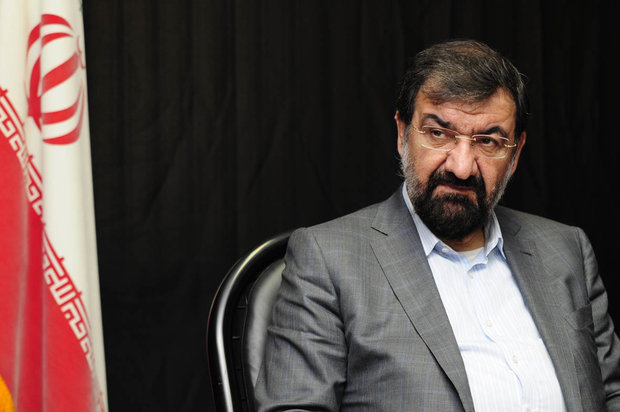Mohsen Rezaie said that security in the Persian Gulf cannot be achieved with the presence of trans-regional forces, adding that independency is the first security requirement in the region. If the US leaves the region, all regional countries will be friends and collective security will be provided, he added.
Saudi Arabia must be able to prove its allegation to Iran about the attack on Aramco, he said, adding that Iran has not given any weapons to Yemeni Ansarullah as Yemen is under siege and all the routes are controlled, so Yemenis have developed the missiles themselves.
The US quickly pinned the blame on Iran in order to evade admitting that a small group of Yemenis attacked Saudi Arabia’s Aramco, so they are now looking for providing evidence, Rezaie noted.
The Sept. 14 attacks by Yemeni forces on the Abqaiq and Khurais plants, some of the kingdom’s biggest, caused raging fires and significant damage that halved the crude output of the world’s top oil exporter, by shutting down 5.7 million barrels per day of production.
The attack was in retaliation of Saudi-led coalition’s aggression against Yemen. Still, the US and Saudi officials rushed to blame Iran for the incident without providing any credible evidence. Tehran sent an official note to US warning that any aggression against its soil will be promptly responded.
The US-based Armed Conflict Location and Event Data Project (ACLED), a nonprofit conflict-research organization, estimates that the Saudi-led, US-backed war in Yemen has claimed more than 91,000 lives over the past four and a half years.
ZZ/FNA13980631001276



























Your Comment